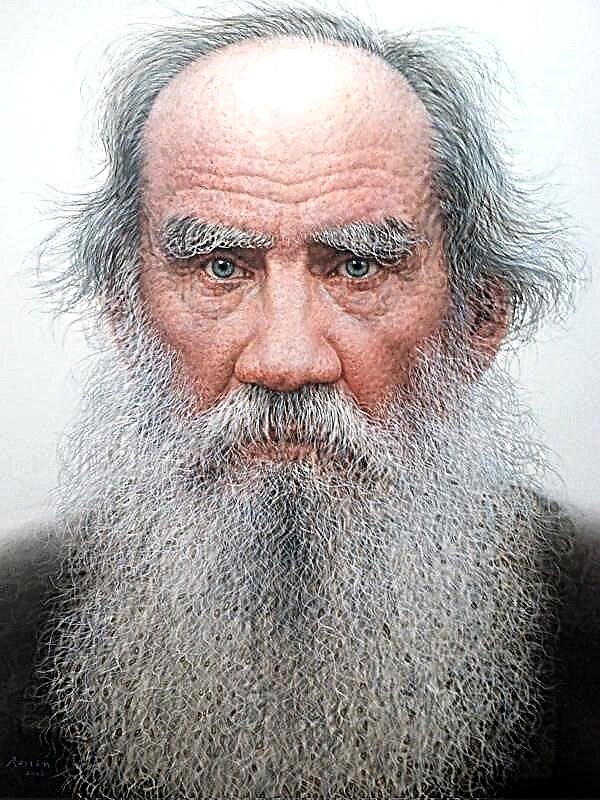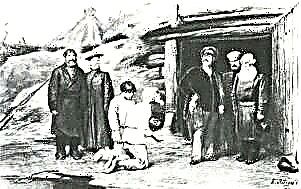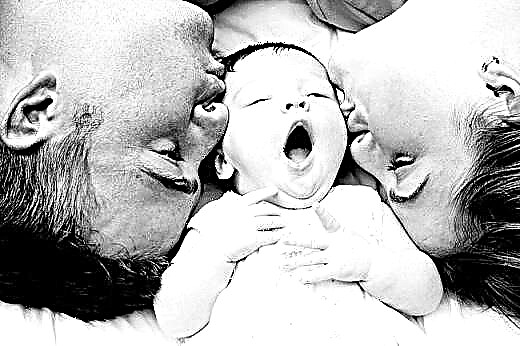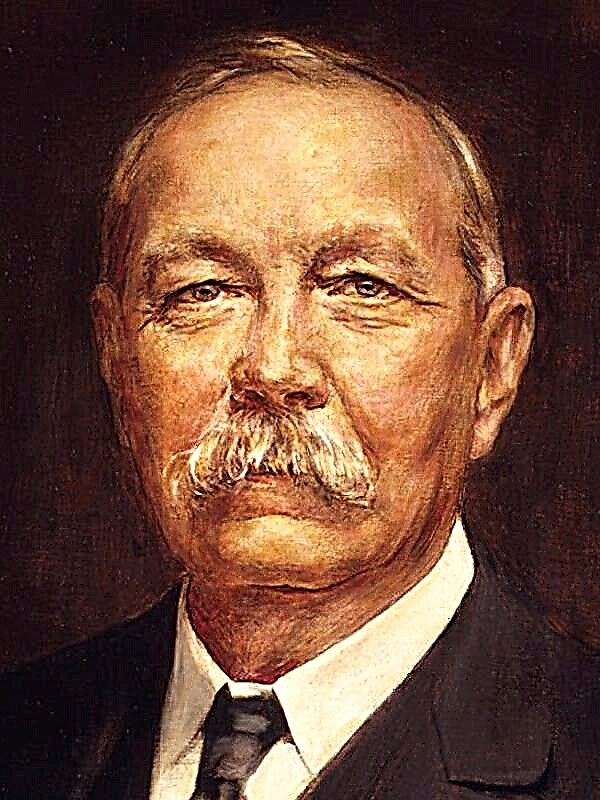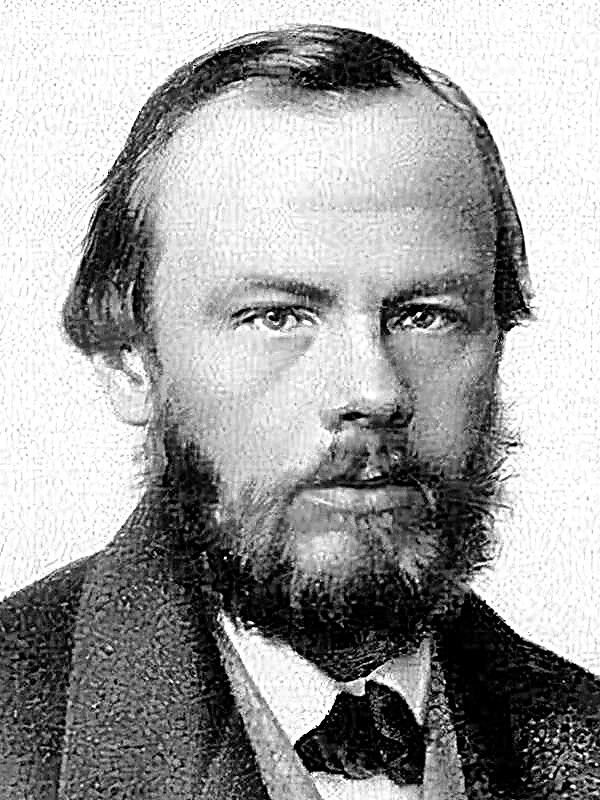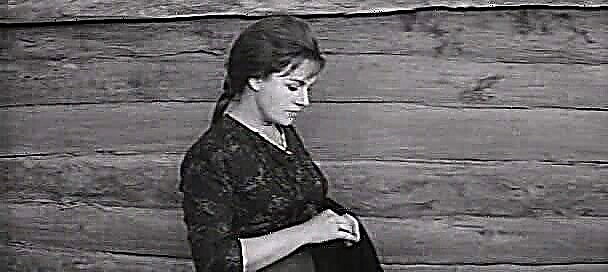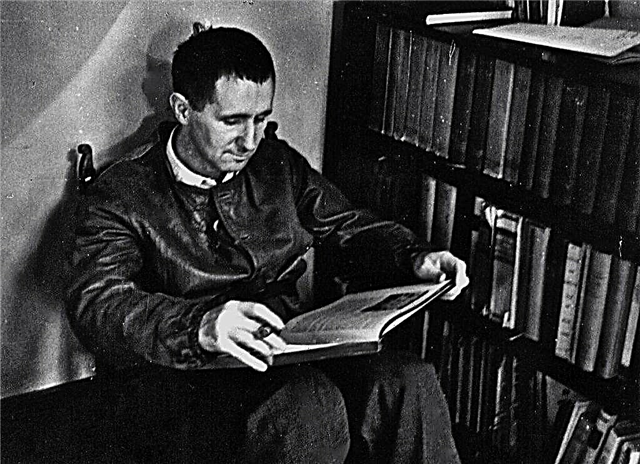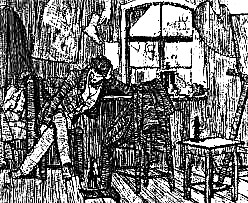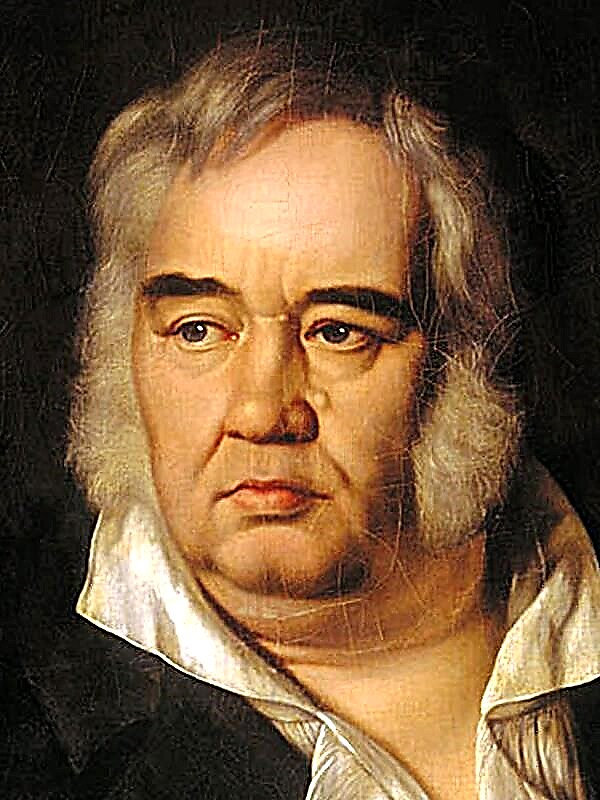(374 words) Reading school books is surprisingly interesting. Often during school there is a certain opposite effect, which manifests itself in the fact that we do not like books that are set to read. But when you decide whether to get acquainted with any creation, it is perceived more honestly, without the aftertaste of coercion. Take, for example, "Eugene Onegin" by A. Pushkin. It would seem that the usual story of a rich young man, tired of life. But in fact, we see a drama about the fate of the "extra man." Even the famous critic Vissarion Grigorievich Belinsky called the novel “an encyclopedia of Russian life”, where, in addition to personal dramas of characters, the life and customs of tsarist Russia are described.
The author created the image of a typical representative of his time: a young aristocrat, a liberal, dressed in the latest fashion, actively involved in social life, but who did not find interest in all this. He was not interested in theater and ballet, he did not read many books, did not serve in the army, only from boredom went to balls and made vague plans. Upon learning of the unfortunate condition of his uncle, Onegin does not feel pity, but is only ready to pretend to receive an inheritance. Having moved to the village, he hopes to escape a little from balls, gossip, and intrigue. But even here, Eugene is bored.
The main development of the hero receives after the death of his friend - Lensky. Onegin is to blame, and he understands this. He has to instantly experience a series of new, unexplored feelings. Eugene realized that at one point life can be interrupted, and you need to appreciate every moment. Along with this, he finally sees and acknowledges his shortcomings: selfishness, insensibility, idleness of thought and soul.
The storyline of Tatiana also shows the reader that the main character is able to experience higher feelings. Unfortunately, two young people are not destined to be together. However, the finale of the work remains open, allowing the reader himself to come up with the fate of Eugene. Such an innovative move is an interesting solution, especially for the 19th century.
Nevertheless, the main feature of the novel is A.S. It is as if we are reading a work and simultaneously talking to the author. You may notice that at first Onegin causes only ironic smiles. The poet through the image of Eugene as if ridicules the entire secular society of his time. However, closer to the middle, Alexander Sergeevich admits that he became friends with his hero and even found something in common with him. And by the end of the book it’s hard for the author to say goodbye to the “young rake”, he stands up for him, condemns the critics and notes Onegin’s subtle and fragile soul, his sharp mind and the tragic position of the hostage of his time.

